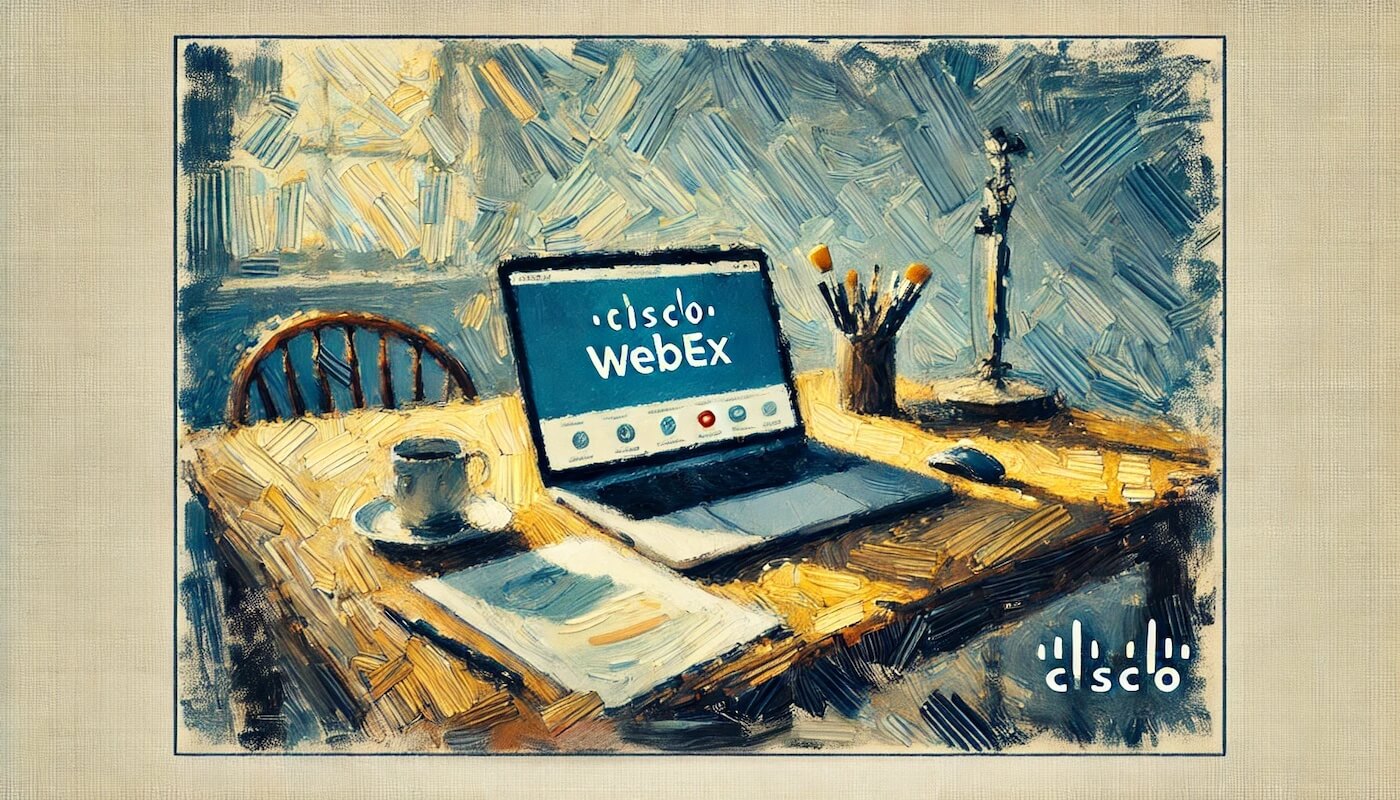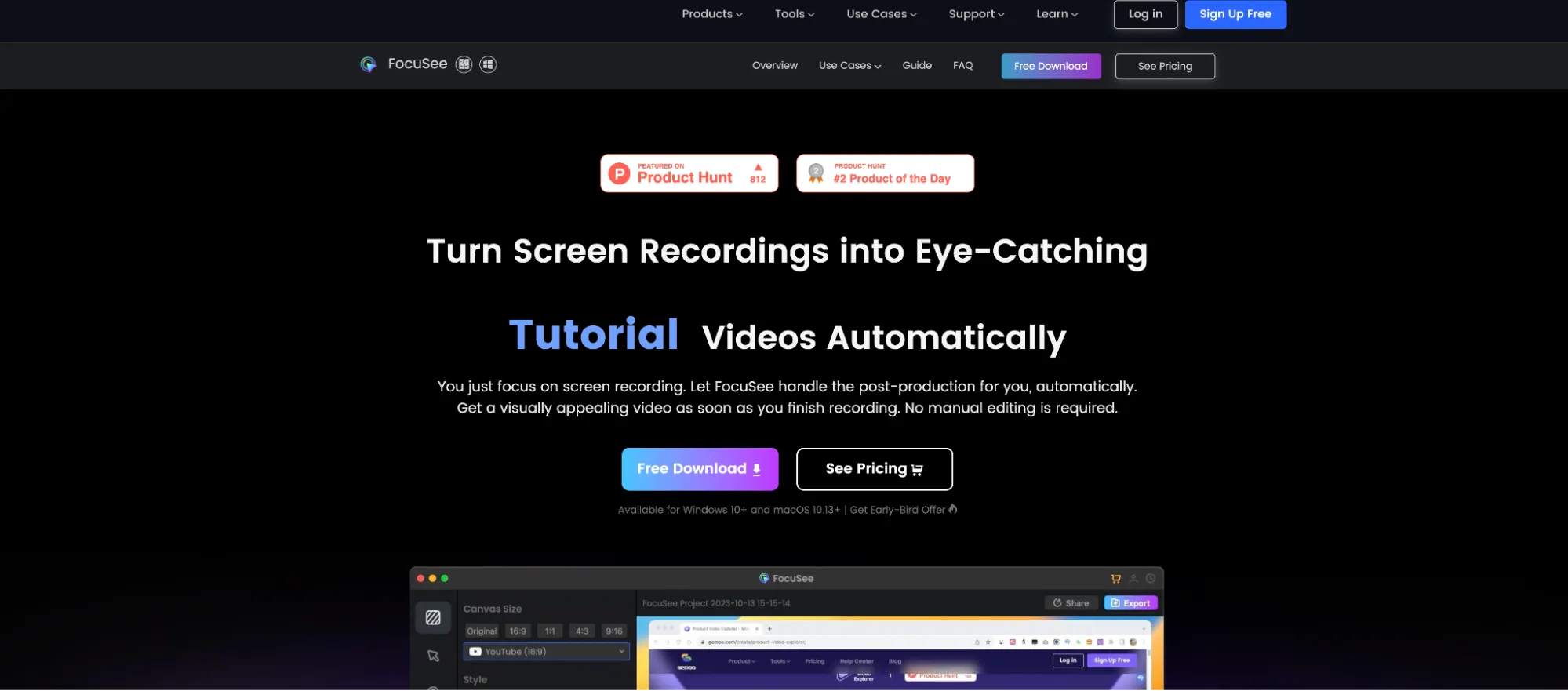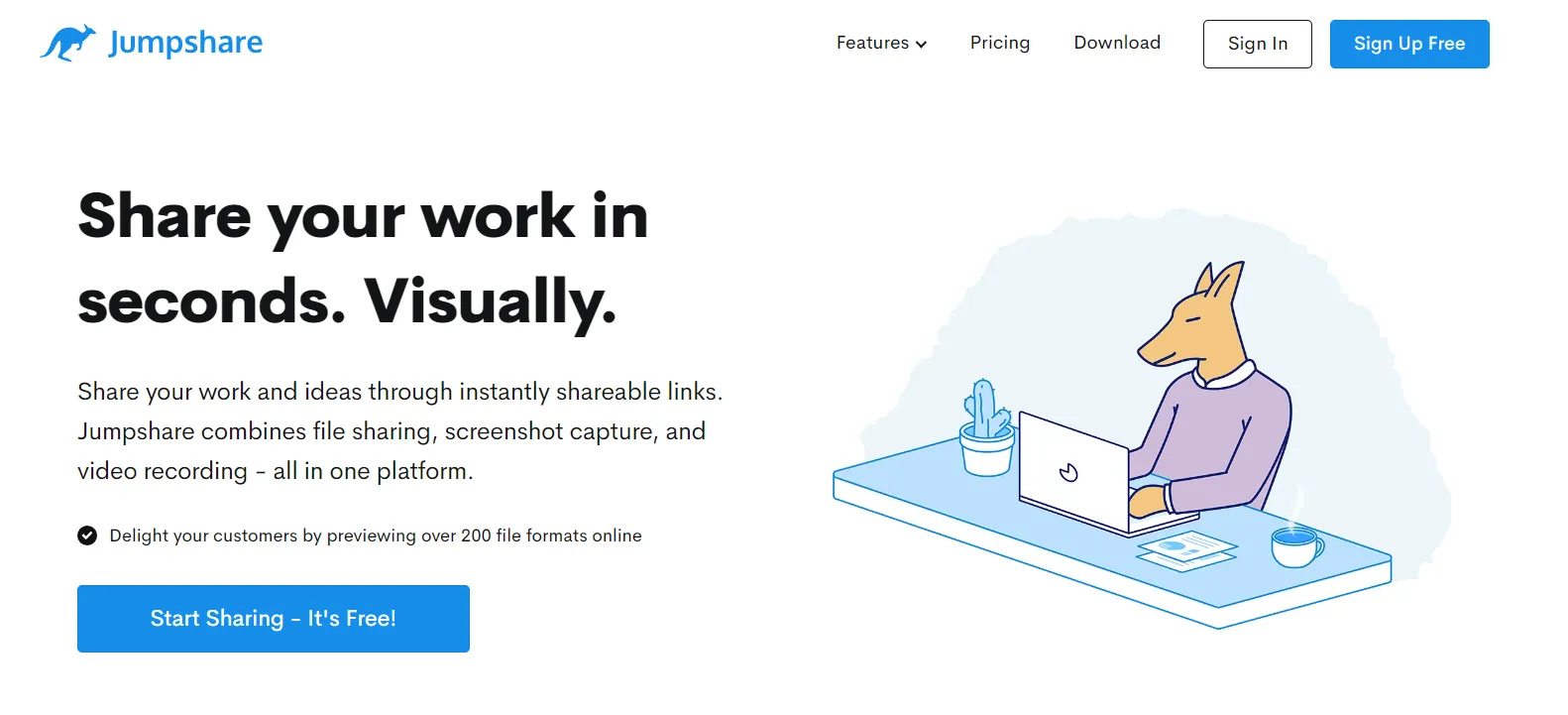
Building Organizational Culture: Why Every Leader Should Care
Ever thought about what makes or breaks a great organization? Explore the unique world of building organizational culture and why every leader should focus on shaping a vibrant, value-driven workplace.
In today's varied business worldIn the ever-evolving landscape of business, the importance of building a robust organizational culture cannot be overstated. Although the workplace as we once knew it has undergone aculture change towards remote and asynchronous work, this element of each organization does not represent the same cultural change. Instead, it's the omnipresent backbone that not only upholds the company's core values but also acts as a compass guiding the behavior and decisions of its workforce. This article aims to emphasize why every leader should prioritize cultivating a healthy organizational culture, how it impacts every facet of the business, and the steps necessary to nurture and evolve it.

Understanding Organizational Culture
Organizational culture, synonymous with company culture or corporate culture, represents the collective values, beliefs, and principles of an organization. It’s the sum of how employees behave, interact, and work together. As a company culture definition goes, it's the environment created by these collective behaviors and attitudes. It’s a potent tool that can help us navigate through the complexities of modern business landscapes. This is a claim that we at Bubbles feel increasingly qualified to make due to our continuous and unwavering efforts to optimize the shift to remote working. Our shared values of responsibility, efficiency and empathy represent our norm, but to find out more about our organizational culture as a remote team, watch the Bubble below.
The Significance of a Strong Organizational Culture
A strong organizational culture aligns with the core values and goals of the organization, promoting a unified approach to achieving business success. It's not just about creating a pleasant workplace; it’s about fostering an environment where every employee, from new hires to seasoned leaders, feels engaged and motivated.
Companies like Google and Zappos are often cited as culture of an organization examples, where innovative work culture, employee engagement, and high morale are visibly integrated into their operational ethos. Not only this, but the latter takes organization culture so seriously that it formulates a critical aspect of their employment model. Such companies understand that a positive culture leads to improved productivity, better employee retention, and increased profitability, and thus, finding personnel who align with these shared values is critical.
The Role of Leadership in Shaping Culture
Leadership plays a critical role in setting the tone for the organizational culture. Leaders are not just figureheads but the architects and custodians of the workplace culture. Their behavior, communication, and actions serve as a template for the rest of the organization. A leader's commitment to the company’s core values and their ability to demonstrate and reinforce these values in everyday actions is crucial in cultivating a positive culture.

The Dynamics of Cultural Change
Cultural change is inevitable as businesses evolve and adapt to new challenges and markets. Leaders must be adept at guiding their organizations through this changing culture process. This involves aligning the current culture with the evolving needs of the business while maintaining the core values that define the organization. Leaders must emphasize the importance of this alignment to ensure a smooth transition to the new culture, and must be willing to embrace change.
Enculturation: Integrating New Hires
Integrating new hires into the existing culture, a process known as enculturation, is vital for maintaining a cohesive work environment. Onboarding processes should not just focus on the operational aspects but also immerse new employees in the company culture. This helps them adapt faster and become effective members of the team, contributing to the overall productivity and morale of the organization. To optimize enculturation and fast track an aligned company culture, consider cultural fit in every stage of your employment model.
Evolving with the Times
A static culture is a detriment in a dynamic business world. An organization’s culture needs to evolve continually, hence the aforementioned willingness to embrace change. This evolution can take the form of introducing new rituals, revising reward systems, or even reshaping the workforce norms. The key is to keep the core value intact while adapting the culture to meet new challenges and opportunities.

Cultivating Diversity and Inclusivity
Modern organizational culture must transcend beyond mere productivity and align with broader social values like diversity and inclusivity. Leaders should emphasize and reinforce a culture that is free from bias and promotes diversity in thought, background, and experience. This not only enriches the workplace but also drives innovation and creativity.
Measuring the Impact of Culture
The impact of a strong organizational culture reflects in various metrics, including employee engagement levels, turnover rates, and overall business performance. Companies with strong cultures often report higher levels of employee satisfaction and significantly better financial performance compared to their counterparts with weaker cultures. The success of any business rides on the employees wanting to perform, and facilitating this with company culture is essential.

The Continuous Journey
Building and maintaining a strong organizational culture is an ongoing journey. It requires consistent effort from leaders at all levels to reinforce, promote, and evolve the culture. Regular culture lists, surveys, and feedback mechanisms can help leaders stay attuned to the workforce's pulse and make necessary adjustments.
In conclusion, the importance of building a strong organizational culture cannot be understated. It's a key determinant of an organization's long-term success and resilience. Leaders must therefore prioritize nurturing a culture that aligns with their organization’s core values and adapts to the changing business landscape. By doing so, they lay down the foundation for a thriving workplace, where employees feel valued, engaged, and aligned with the organization's objectives, driving business success and innovation.
Make your
meetings matter
Loved and trusted by 100,000+ users:
- Automatically Record and Transcribe Meetings
- Extremely Accurate Notes, Summaries, and Action Items powered by AI
- Works with Zoom, Google Meet, and Microsoft Teams
- Save time and follow-up with quick async videos
Simply connect your work Google or Microsoft Calendar to get started.
Collaborate better with your team
Get your point across using screen, video, and audio messages. Bubbles is free, and offers unlimited recordings with a click of a button.
.png)
Collaborate better with your team
Get your point across using screen, video, and audio messages. Bubbles is free, and offers unlimited recordings with a click of a button.
.png)











